The most relevant piece at the time of this posting is Ross Douthat's article, "Lifting the Shadow of Scandal" (New York Times, March 18, 2013). Douthat writes:
There has been so much enthusiasm around the public style of Pope Francis — who has been populist, self-effacing and unscripted in his first few days as pontiff — and so much eagerness from so many quarters to see him as the reformer that the Catholic Church needs, that I felt like a bit of a downer accentuating the negative in my Sunday column, and emphasizing all the moral credibility that still needs to be rebuilt. But if personal holiness and seriousness of faith were sufficient qualities in a Roman pontiff, the last ten years would not have been a period of crisis in Catholicism, and the shadow of the sex abuse crisis would be fully lifted from the church. And it’s especially important, at the outset of a new pontificate, to understand the precise nature of that shadow, because at this point it’s no longer really about priestly sex abuse itself. Rather, it’s about a church that has cleaned house effectively and set up impressive structures of accountability everywhere except at the most prominent levels of the hierarchy.[Hat tip to J.M.]
Here are two names whose cases richly illustrate that problem. First: Roger Mahony, the retired archbishop of Los Angeles, one of the cardinal electors who just cast their votes in Rome — and among the worst of the worst when it comes to prominent hierarchs who kept predator priests in circulation while protecting them from prosecution....
Second: Angelo Sodano, formerly the Vatican’s Secretary of State under John Paul II, now Dean of the College of Cardinals. Sodano is alleged to have intervened on behalf of two prominent churchmen accused of sexual crimes — protecting Hans Hermann Groer, the former archbishop of Vienna, from canonical proceedings related to charges of sex abuse in the mid-1990s, and then protecting Father Marcel Maciel, the drug-addicted, seminarian-molesting bigamist who ran the Legionaries of Christ, from a church investigation until 2006, when the newly-elevated Pope Benedict finally barred Maciel from ministry....
* * * * * * *
[W]hile I can appreciate the qualities in Pope Francis that so many people have found immediately attractive, I would trade all the humble mannerisms and charming gestures for the promise that the Mahonys and Sodanos of the church would be consigned, once and for all, to lives of penitence and silence.
* * * * * * *
There are other names and cases I could cite, but Mahony and Sodano are particularly high-profile figures, and thus particularly representative of the unfinished business that Benedict’s papacy left behind.... [T]aking more punitive steps [than allowing age-mandated resignation to take its course] would have required Benedict to serve as a kind of “one-man Supreme Court” within the church — not the pope’s normal role, the mythology of papal power notwithstanding, and one that he clearly shied away from claiming.
But extraordinary crises call for extraordinary steps, and the choice to shy away from them was a fateful one: The absence of real accountability within the hierarchy helps explains why Benedict never earned sufficient credit for the many things he did right on sex abuse, and why the church as a whole is still struggling to put the era of scandal behind it. It ensured that the sex abuse crisis would recede only very gradually, that the closure that many ordinary Catholics want to feel would remain elusive, and that the crimes of the past would keep intruding, with every public appearance by a compromised cardinal, into an otherwise much-improved present.
If real closure is to come, if the sex abuse era is to be firmly ended rather than ever-so-slowly left behind, the beginning of this papacy is probably the church’s last, best opportunity. And so while I can appreciate the qualities in Pope Francis that so many people have found immediately attractive, I would trade all the humble mannerisms and charming gestures for the promise that the Mahonys and Sodanos of the church would be consigned, once and for all, to lives of penitence and silence.


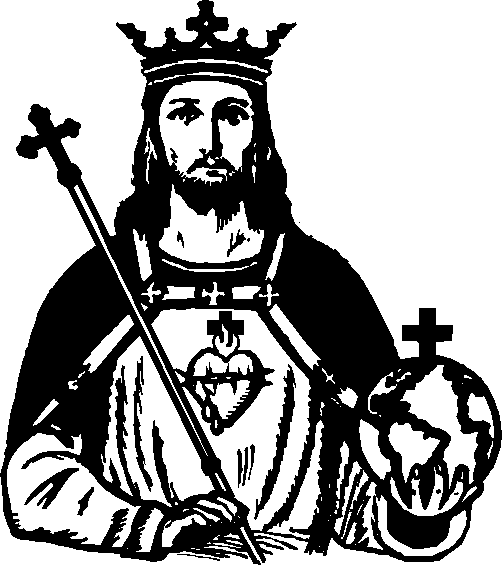


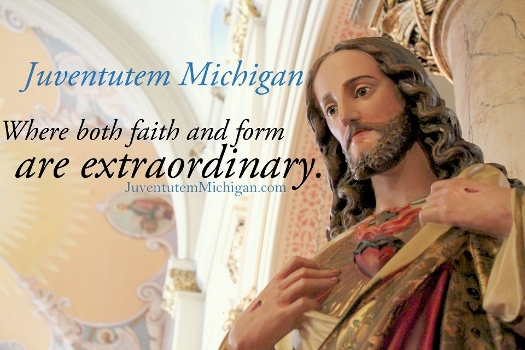

 right, she was also a beloved matriarch of L'Abri Fellowship and leader of various Bible study groups, as well as a conference speaker around the world.
right, she was also a beloved matriarch of L'Abri Fellowship and leader of various Bible study groups, as well as a conference speaker around the world.
 Together with her late husband Francis, Edith influenced many lives through L'Abri Fellowship, including those of Dr. Eduardo Echeverria and my own at Sacred Heart Major Seminary whose years at L'Abri nearly overlapped back in the 1970s.
Together with her late husband Francis, Edith influenced many lives through L'Abri Fellowship, including those of Dr. Eduardo Echeverria and my own at Sacred Heart Major Seminary whose years at L'Abri nearly overlapped back in the 1970s.


 As some may recall, Hungary adopted a
As some may recall, Hungary adopted a  Joe Biden has a reputation for liking to chum it up with working class guys in local diners and such, and giving the impression that he's an average sort of Joe.
Joe Biden has a reputation for liking to chum it up with working class guys in local diners and such, and giving the impression that he's an average sort of Joe.

 Marielena Montesino de Stuart stands as a thorn in the side of EWTN Vatican cheerleaders who are even more Ultramontanist than William Ward who wished he had a papal bull with his breakfast each morning to read along with the Times.
Marielena Montesino de Stuart stands as a thorn in the side of EWTN Vatican cheerleaders who are even more Ultramontanist than William Ward who wished he had a papal bull with his breakfast each morning to read along with the Times.


 With the advice of the auxiliary bishops, I have designated the following places of pilgrimage:
With the advice of the auxiliary bishops, I have designated the following places of pilgrimage:
 A reader writes:
A reader writes: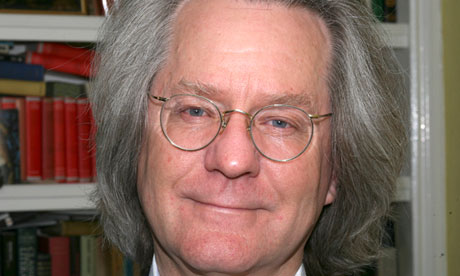
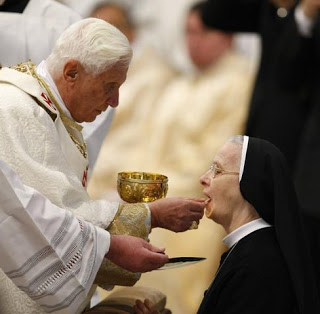
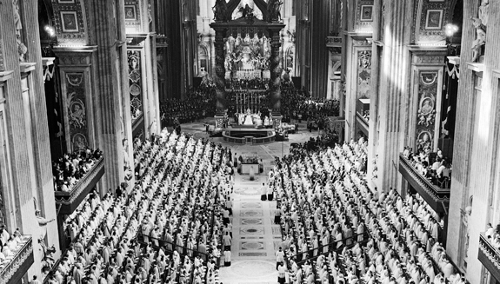

 Fr. Eduard Perrone, "
Fr. Eduard Perrone, "